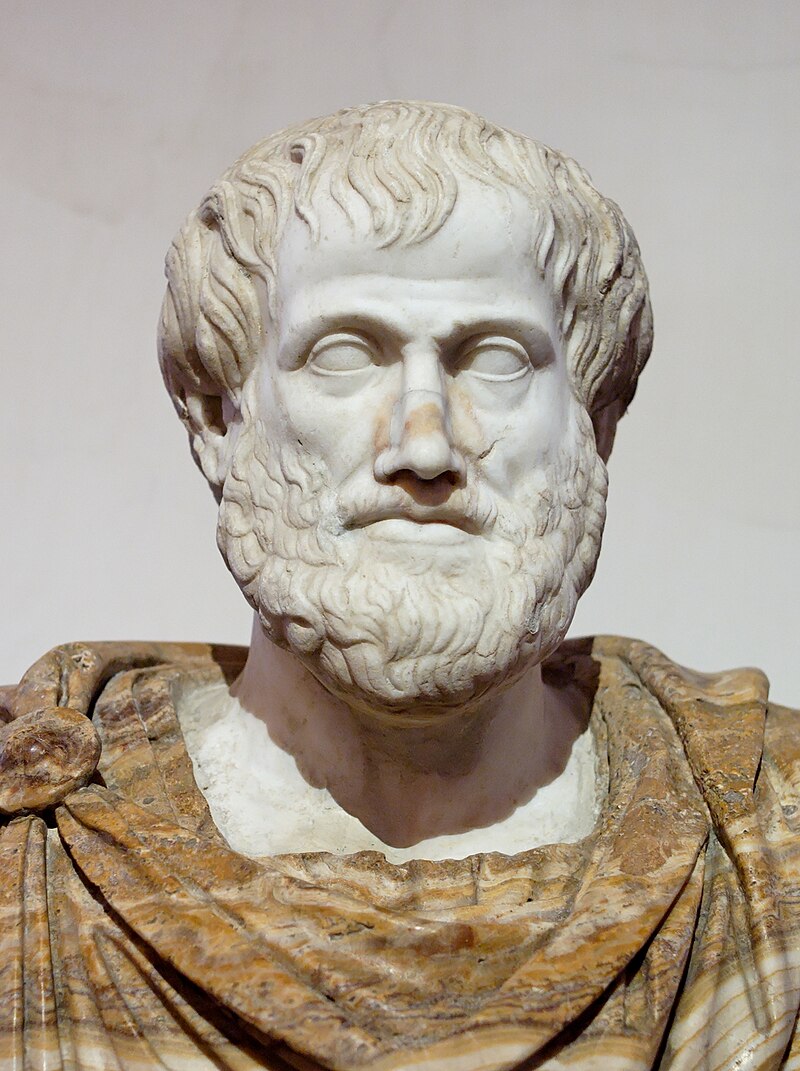The incredible vastness of science is a wonder to us because of its much broader perspectives. Little do we know that science branches out to fields we often use daily. An example of this is the use of logic.
In simple terms, logic is something we don’t often study. Most of the time, we have the perception that it is something we need to learn through experience and practice. Although some of these factors are partly correct, it is apparent that logic is another branch of science that we can learn by studying.
However, most people don’t know the deeper meaning of the term logic. We might come to think of it as something associated with our thoughts, but there is a more profound definition of the word logic. In this article, we are going to look into the field of formal science – logic.
What is Logic?
For starters, logic is a branch of formal science, which is the formal study of the principles of inference and correct reasoning. It focuses on the study of arguments and reasoning. Similar to mathematics, logic does not have a universal agreement to its exact definition, as well as its limits. That is why experts have an ongoing debate as to what its definition is. Despite not having a precise meaning, logic has various classifications, which we use to identify its fallacy or truthfulness.
Interestingly, there are two types of logic that we can use. Each type has its distinct properties to make it easily identifiable. Here are the two kinds of logic:
- Informal logic – this type of logic focuses on a broader range of reasoning, mainly the study of natural language arguments. One of the primary branches of informal logic is the study of fallacies, which emphasizes the study of faulty reasoning. However, the use of informal logic may not be as usual as the typical deductive speaking. That is why some people don’t consider it as logic.
- Formal logic –on the other hand, this resembles the central concept of logic since it focuses on the study of inference with purely formal content. The inference is a guided step-by-step form of reasoning, which shows a flow of deduction starting from the premise to logical consequences. The use of formal logic includes several variations, such as Syllogistic logic and Symbolic logic.
What is the origin of logic?
Similar to other branches of science, logic originated from thousands of years ago. The term logic came from the Greek word ‘logos,’ which means ‘the word’ or ‘what is spoken.’ However, the true meaning of the term logic in the world of science is ‘thought’ or ‘reason.’
We can trace back the history of logic to different parts of the globe, mainly in ancient India, China, and Greece. In these countries, several scientists contributed to its development to become what it is today.
The first logician to bring influence in the Western World was Aristotle. He developed various theories and principles about logical reasoning; one of his main works is his theory of Syllogism. Besides being the first logician, he was also the first person to use formal logic to demonstrate the logical form of argument. His work led to the creation of Aristotelian logic, which heavily influenced science and mathematics until the early 19th century.
Another form of logic originated in ancient India without any influence from ancient Greece. This form of logic developed from India continued to improve independently, up to modern times. We can trace back the earliest kind of logic in India to the 6th century BC when Medhatithi Gautama founded the anviksiki school of logic. After the foundation of the first school of logic in India, several other logicians made their contributions to its advancement in the country.
Lastly, ancient China had its version of the origins of logic, which originated from Mohistschool. It focused on the study of the philosophy of logic, rational thought, and science. Most of their works included issues associated with valid inference and the conditions of correct conclusions, wherein their study led to the success of their early investigation of formal logic.
